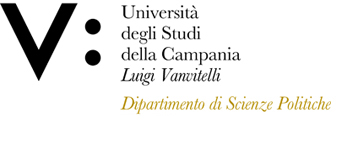Diego MATRICANO
Insegnamento di
SSD:
CFU:
ORE PER UNITÀ DIDATTICA:
Periodo di Erogazione:
Italiano
| Lingua di insegnamento | Italiano |
| Contenuti | I principali temi oggetto del corso saranno: |
| Testi di riferimento | Management e marketing delle destinazioni turistiche territoriali. Metodi, approcci e strumenti. |
| Obiettivi formativi | L'obiettivo dell’insegnamento è quello di offrire agli studenti gli strumenti per comprendere i processi di promozione del territorio, principalmente attraverso gli strumenti del management e marketing territoriale. Rappresentano obiettivi formativi primari del corso: |
| Prerequisiti | Si rinvia alla guida dello studente. |
| Metodologie didattiche | La didattica si basa sulla seguente articolazione: |
| Metodi di valutazione | La modalità di verifica è una prova orale. |
| Altre informazioni | Per ulteriori informazioni si prega di contattare il docente alla mail istituzionale (Questo indirizzo email è protetto dagli spambots. È necessario abilitare JavaScript per vederlo.) |
| Programma del corso | I principali temi dell’insegnamento saranno: |
English
| Teaching language | Italian |
| Contents | The main topics of the course will be: |
| Textbook and course materials | Management e marketing delle destinazioni turistiche territoriali. Metodi, approcci e strumenti. |
| Course objectives | The course aims to offer students the tools to understand the processes of territorial promotion, mainly through the tools of management and territorial marketing. |
| Prerequisites | Please refer to the student guide. |
| Teaching methods | The teaching is based on the following articulation: |
| Evaluation methods | The method of verification is an oral exam. |
| Other information | For further information, please write to: Questo indirizzo email è protetto dagli spambots. È necessario abilitare JavaScript per vederlo. |
| Course Syllabus | The main topics of the course will be: |








